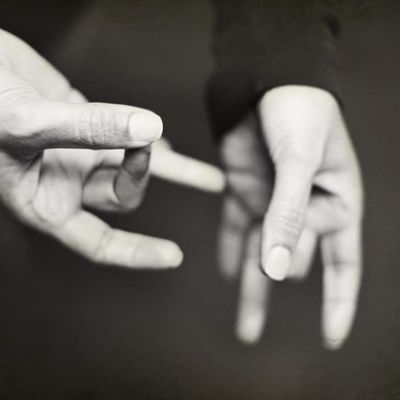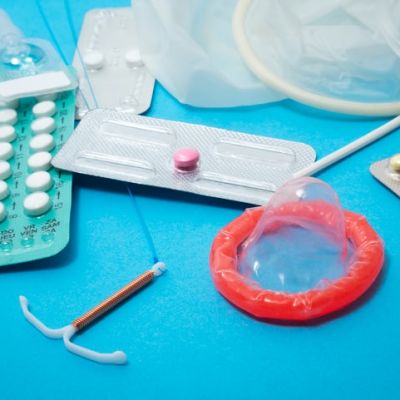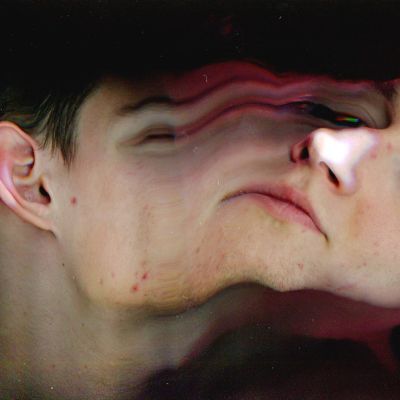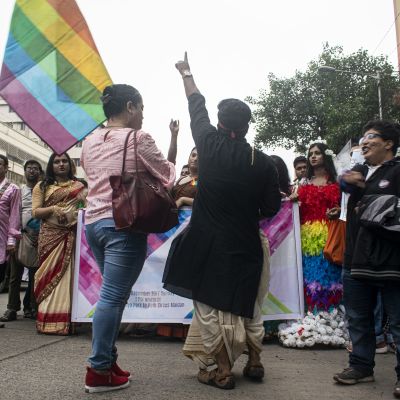Voices
In a recent class, I asked Kanika and Tincy, our ISL teachers, how we could sign sexuality, and they asked, “How do you explain sexuality?” I wondered how I could sign ideas like attraction, pleasure, gender, values, and so on, but tried nevertheless, using my limited vocabulary, apologetic about being reductive.
Some nights I worry that if birth control for men is indeed released, clinical trials of which were suspended in 2016 as its side effects, incidentally the same as what women have been dealing with for ages, were just not worth it, it would be named Fuckboi.
For a long time, female bodies were considered similar to male bodies, just shorter, and most research and medical trials focused primarily on the male body with the assumption that the same would work on the female body.
As advocates of safe, inclusive and sexuality-affirming spaces, we can explore different ways to ensure that the people we are interacting with on dating platforms are legal adults and are not merely wearing a mask of adulthood.
It is rather edifying to find information that one can relate to through a solitary rectangular box. Over time, this solitary box somehow stuck around while everything around it changed as the world moved even further into a digital era.
It’s technology that has allowed me, amidst the lockdown, to connect with so many people and I dare say, sext and share photos. It’s technology that has allowed me and many others access to things like porn, fetish websites, and to buy sex toys and so much more without leaving our beds!
Therapy is a space to heal and grow. It helped me to accept my identity as an anxious, cisgender, South Asian, bisexual woman. Moreover, I have come up with the perfect response next time someone asks me, “But why do you think you are bisexual?”
Experiences and learnings from the immediate surroundings such as the school and the family leave a deep impact on the…
I finally got around to watching Laurie Nunn’s debut series Sex Education that premiered in 2019 on Netflix. With its…
Growing up is a tedious task in our society because of the institutionalised practices, societal constructs and boxed identities and…
Being an adolescent is never easy. It is the beginning of one’s life journey to answering the ultimate existential question:…
As we sat down brainstorming about what course we were going to take next for As You Are (AYA –…
1. A Certain Type of Life since the age of 16 I idealised a certain type of life involving certain…
New losses, new challenges Elizabeth Bishop, the Pulitzer Prize winning American poet, whose love affair with Lota de Macedo Soares…
TARSHI has been running a survey (we’re still accepting responses) to understand how people feel about their sexual lives during the…















